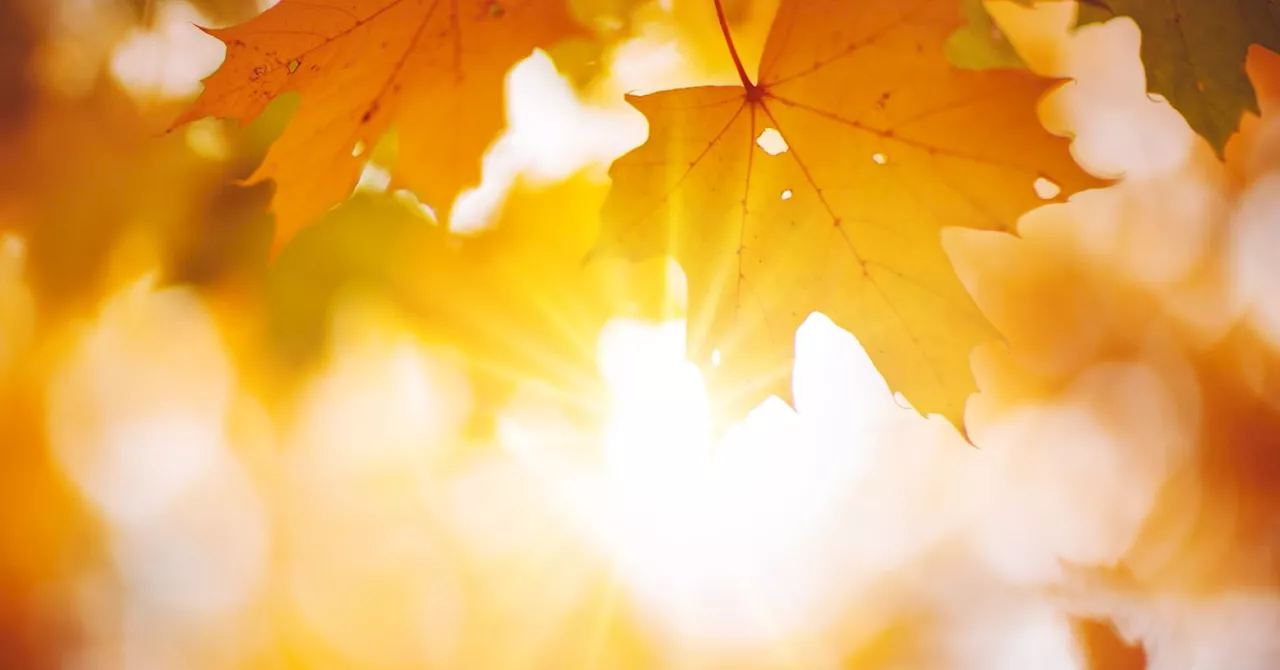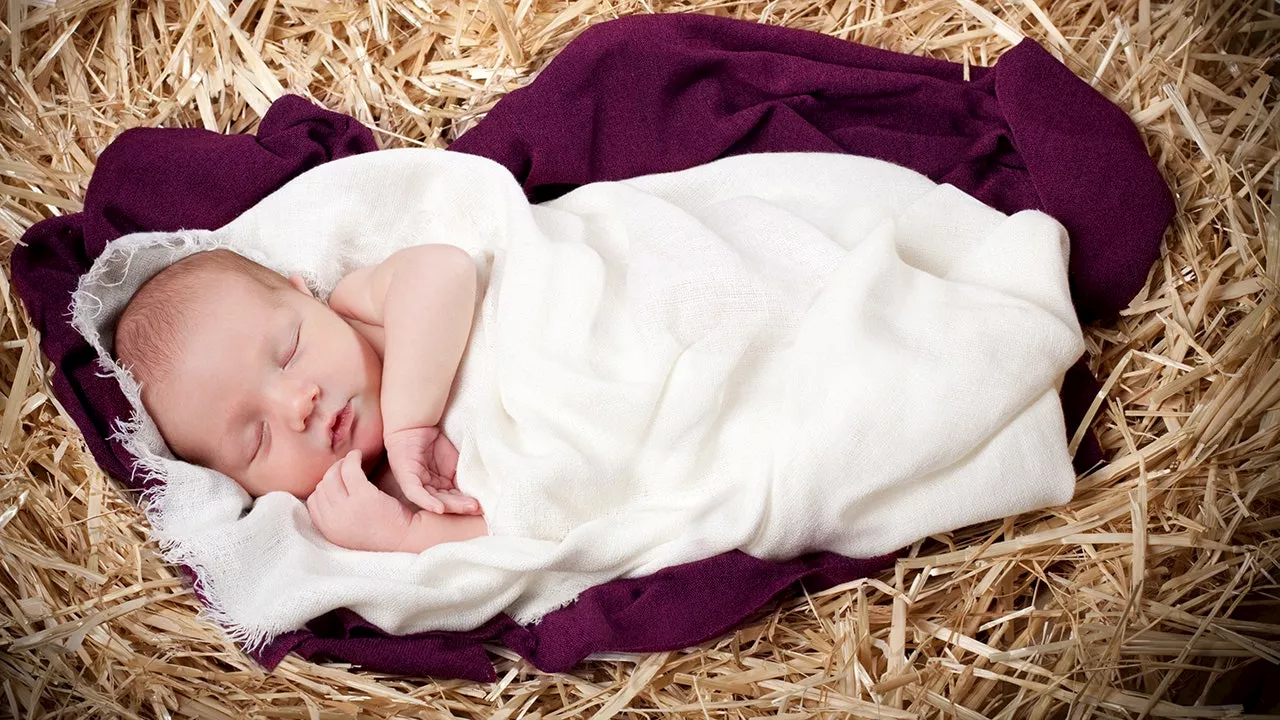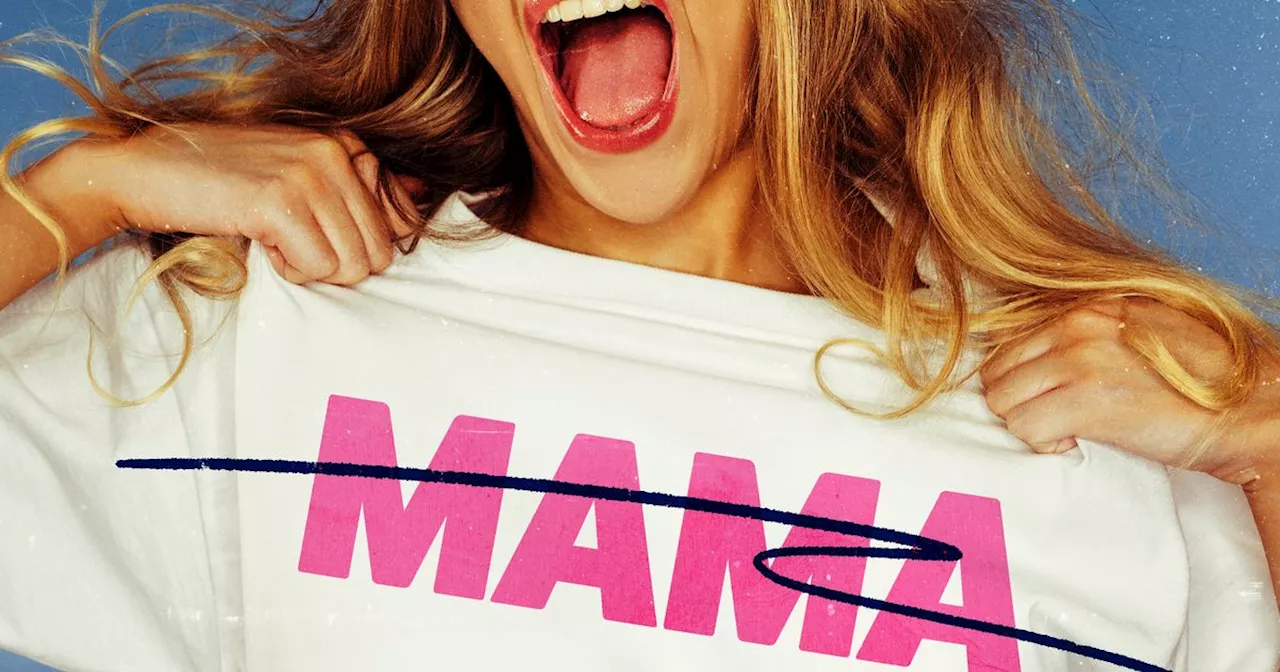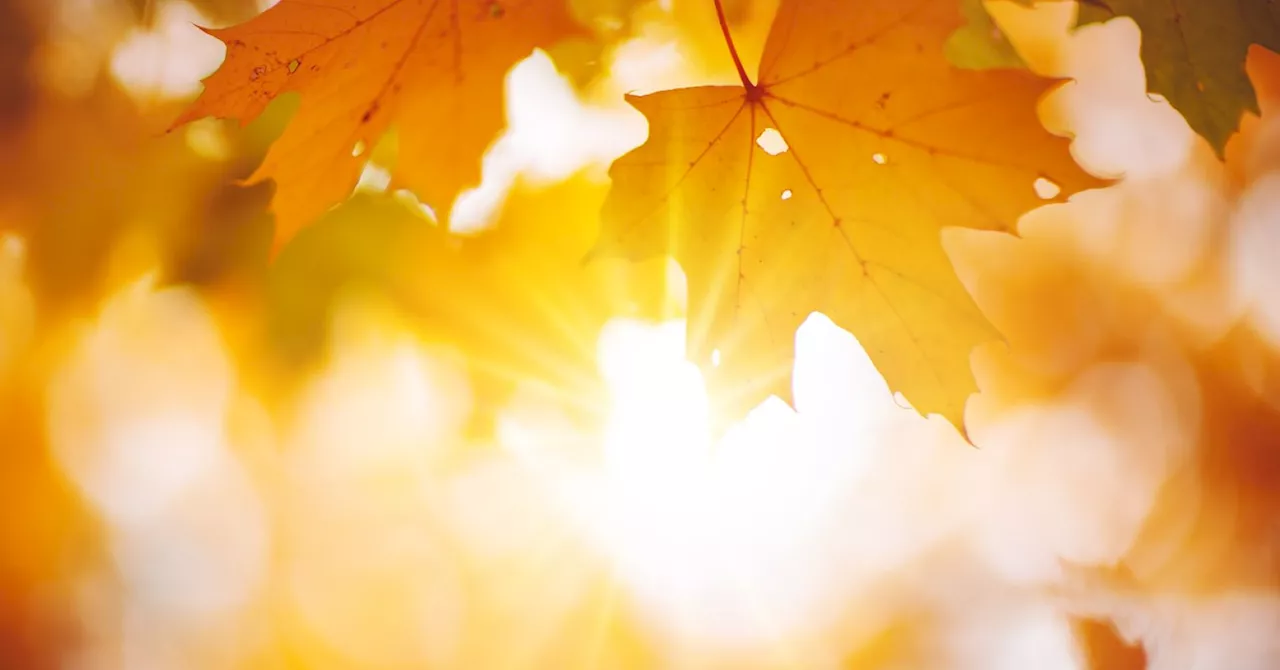This article explores the historical shift of death from homes to hospitals and its impact on our fear of dying. It argues that death is a human experience, not a medical event, and encourages open conversations about death, advance care planning, and creating personal rituals to honor its natural role in life.
Advancements in medicine have shifted death from homes to hospitals. This removal contributes to the fear.How did this happen?By exploring the historical context of death and modern society's approach, we can reclaim an essential truth: Death is not a medical event—it is a human one.For centuries, death was viewed as a sacred and communal experience. It was an integral part of life, approached withFamilies cared for their loved ones at home, and communities came together in support.
But, over the last 100 years, societal and scientific advancements pushed death into hospitals and medical institutions. It became clinical, isolated, and shrouded in language like"fighting illness" or"losing battles." While modern medicine undoubtedly saves countless lives,And with this shift, our fear grew—fear of the unknown, fear of suffering, fear of losing control.Traditional cultures embraced death with rituals that brought closure, clarity, and peace.
Talking about death shouldn’t be taboo. Honest conversations—whether with loved ones or trusted professionals—allow you to articulate your fears, preferences, and values. Decide subjectively what quality of life means to you and use that as your benchmark for when to choose tight symptomAdvanced directives empower individuals to make choices about their care. By outlining your wishes, you remove uncertainty for yourself and your loved ones.
DEATH MEDICINE TRADITION RITUALS ADIVANCE CARE
United States Latest News, United States Headlines
Similar News:You can also read news stories similar to this one that we have collected from other news sources.
 Reclaiming the Sacredness of Death: A Human ExperienceThis article explores the shift of death from homes to hospitals and its impact on our perception of mortality. It argues that death is a natural human experience that should be approached with reverence and acceptance, rather than fear. By acknowledging death openly, engaging in honest conversations, and creating personal rituals, we can reclaim the sacredness of both life and death.
Reclaiming the Sacredness of Death: A Human ExperienceThis article explores the shift of death from homes to hospitals and its impact on our perception of mortality. It argues that death is a natural human experience that should be approached with reverence and acceptance, rather than fear. By acknowledging death openly, engaging in honest conversations, and creating personal rituals, we can reclaim the sacredness of both life and death.
Read more »
 Reclaiming Death: From Fear to DignityThis article explores the shift of death from homes to hospitals and its impact on our societal fear of mortality. It encourages open conversations about death, the importance of advanced directives, and the creation of personal rituals to honor death as a natural and sacred part of life.
Reclaiming Death: From Fear to DignityThis article explores the shift of death from homes to hospitals and its impact on our societal fear of mortality. It encourages open conversations about death, the importance of advanced directives, and the creation of personal rituals to honor death as a natural and sacred part of life.
Read more »
 Reclaiming Christmas: Living Out Biblical LoveThis article explores the commercialization of Christmas and encourages readers to remember the true meaning of the holiday: the birth of Jesus Christ.
Reclaiming Christmas: Living Out Biblical LoveThis article explores the commercialization of Christmas and encourages readers to remember the true meaning of the holiday: the birth of Jesus Christ.
Read more »
 Reclaiming Christmas:Remembering the Reason for the SeasonThis article explores the commercialization of Christmas and encourages readers to refocus on the true meaning of the holiday: celebrating the birth of Jesus Christ.
Reclaiming Christmas:Remembering the Reason for the SeasonThis article explores the commercialization of Christmas and encourages readers to refocus on the true meaning of the holiday: celebrating the birth of Jesus Christ.
Read more »
 Trump Suggests Reclaiming Panama Canal, Citing Overcharges and Chinese InfluencePresident-elect Donald Trump has sparked controversy by suggesting the United States should reclaim control of the Panama Canal, citing overcharges for its use and alleged Chinese influence. Trump has criticized Panama for increasing fees and threatened to demand the canal's return if the situation doesn't improve after he takes office. Panamanian President Jose Raul Mulino strongly denied allegations of Chinese control and affirmed Panama's sovereignty over the canal.
Trump Suggests Reclaiming Panama Canal, Citing Overcharges and Chinese InfluencePresident-elect Donald Trump has sparked controversy by suggesting the United States should reclaim control of the Panama Canal, citing overcharges for its use and alleged Chinese influence. Trump has criticized Panama for increasing fees and threatened to demand the canal's return if the situation doesn't improve after he takes office. Panamanian President Jose Raul Mulino strongly denied allegations of Chinese control and affirmed Panama's sovereignty over the canal.
Read more »
 The 'Mama' Conundrum: Reclaiming Identity Beyond MotherhoodThe author explores her strong aversion to being called 'Mama' by adults, despite accepting the term from her children. She argues that the ubiquitous use of 'Mama' erases individual identities and reinforces societal expectations of mothers.
The 'Mama' Conundrum: Reclaiming Identity Beyond MotherhoodThe author explores her strong aversion to being called 'Mama' by adults, despite accepting the term from her children. She argues that the ubiquitous use of 'Mama' erases individual identities and reinforces societal expectations of mothers.
Read more »
